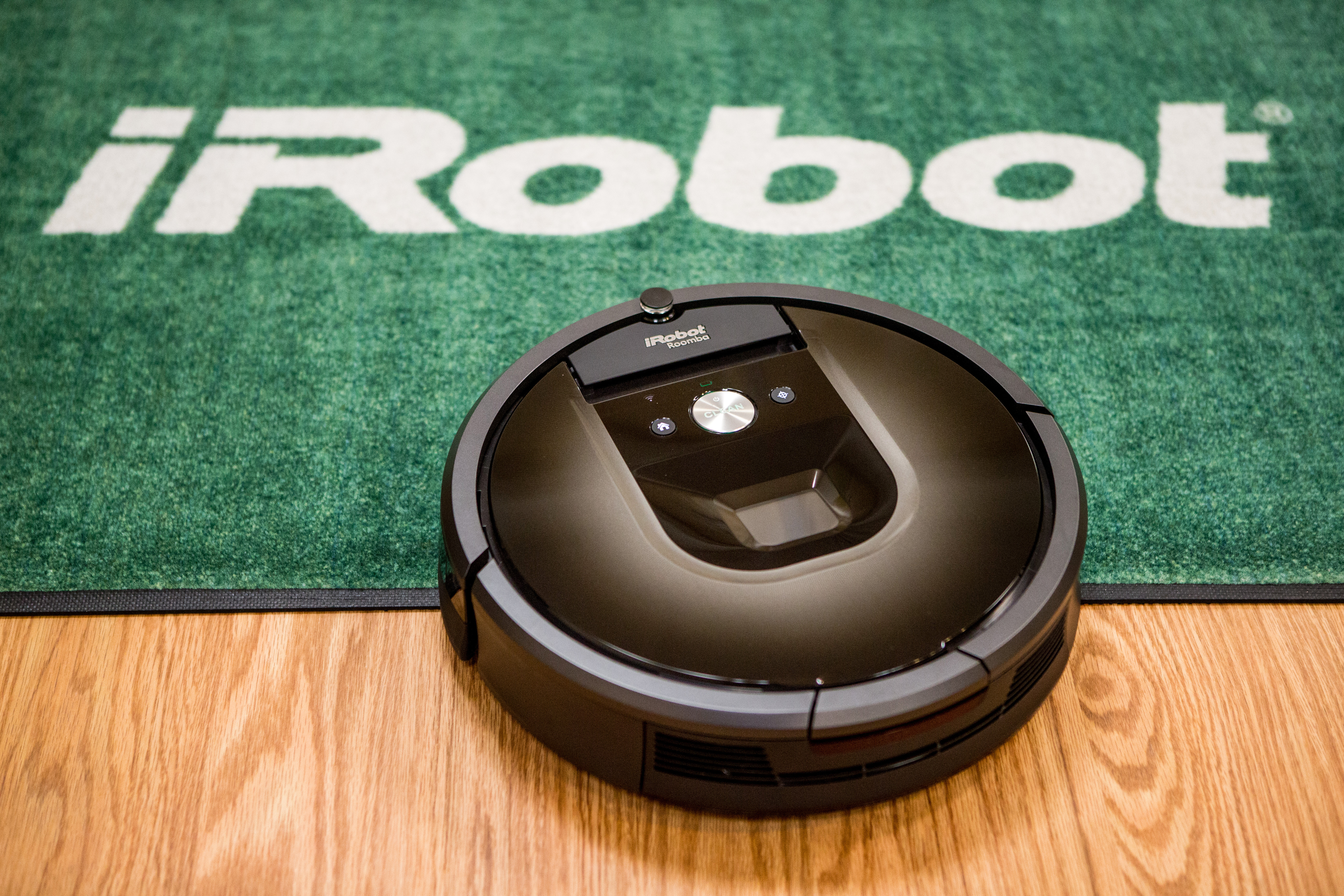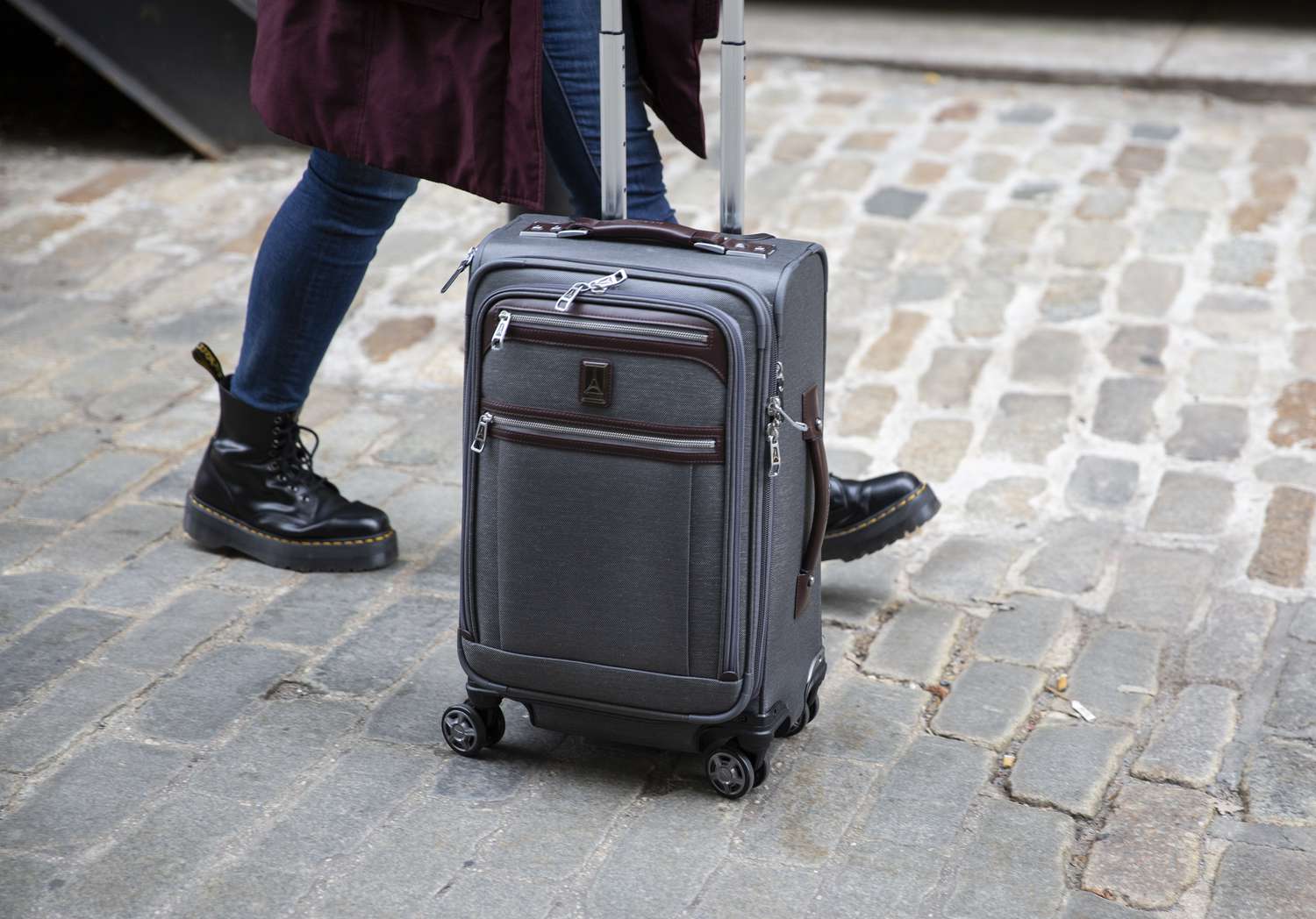In the age of smart homes and automation, one gadget has undoubtedly caught the attention of many - the Roomba iRobot. A pioneer in the realm of robotic vacuum cleaners, iRobot's Roomba series has changed the game in home cleaning, promising an effortless and efficient way to keep our floors spotless. But is it worth investing in one? With various models, features, and prices to consider, it may be challenging to decide. In this comprehensive review, we delve into the world of Roomba iRobots, discussing their pros and cons and answering some of your burning questions.
What Is a Roomba iRobot?
The Roomba iRobot is a series of autonomous vacuum cleaners developed by iRobot, an American advanced technology company. Since their inception in 2002, Roomba vacuums have revolutionized the cleaning world, combining smart navigation and powerful suction to keep your floors clean with minimal effort. They're designed to adapt to different types of flooring, including hardwood, carpet, and tiles. Furthermore, they come with a variety of features like automatic docking and recharging, scheduling, dirt detection, and compatibility with smart home systems.
Pros of Owning a Roomba iRobot
Saves Time and Effort: The Roomba iRobot is designed for convenience. Once scheduled or activated, it goes about its cleaning tasks without any supervision, freeing up your time for other activities.
Advanced Features: Roomba vacuums boast high-tech features like Wi-Fi connectivity, smart home compatibility, and automatic docking and recharging. Some models even come with a self-emptying feature, further reducing the maintenance required.
Impressive Cleaning Performance: Despite its compact size, the Roomba iRobot does a commendable job of cleaning different types of floors, thanks to its powerful suction and intelligent navigation.
Versatility: Roomba iRobots are designed to tackle a variety of surfaces, including carpets, tiles, and hardwood floors. They also excel in picking up pet hair, making them ideal for pet owners.
Cons of Owning a Roomba iRobot
Price: Roomba iRobots can be quite expensive, especially the higher-end models. While they offer a plethora of advanced features, the cost can be prohibitive for some buyers.
Maintenance: Despite their autonomous nature, Roombas still require regular maintenance like emptying the dust bin and cleaning the brushes and filters.
Limited Effectiveness on Thick Carpets and Large Debris: While Roombas excel on hard floors and thin carpets, their performance may decrease on thick rugs. They also struggle with larger debris, which can get stuck in their brushes.
Battery Life: While most models return to their docking station to recharge when their battery runs low, they may not complete cleaning larger homes in one go due to battery limitations.
Is It Worth It to Own a Roomba iRobot?
Investing in a Roomba iRobot is a significant decision that depends on several factors. If convenience, time-saving, and smart cleaning features are your priorities, a Roomba iRobot can be an excellent investment. However, if budget is a concern, the higher-end models might not be the best fit. Also, for households with thick carpets or large debris, a traditional vacuum cleaner may be more effective.
Q&A Section:
Q: How often should I run my Roomba iRobot?
A: You can run your Roomba as
often as you like. Most people find that running their Roomba once a day is enough to maintain a clean home. However, if you have pets or heavy foot traffic, you might want to schedule it to run more often.
Q: Can a Roomba iRobot replace my regular vacuum cleaner?
A: Roombas are designed to maintain a clean floor but might struggle with deep cleaning thick carpets or picking up larger debris. So, while they can reduce the frequency of manual vacuuming, they might not completely replace a traditional vacuum cleaner.
Q: How long does a Roomba iRobot battery last?
A: Most Roomba models can run for about 60 to 120 minutes on a full charge, depending on the model and the type of cleaning. It then takes about 2-3 hours to recharge.
Q: Can a Roomba iRobot navigate stairs or changes in floor height?
A: Roombas are equipped with cliff-detection sensors that prevent them from falling down stairs. However, they can't climb stairs or clean different levels of a home autonomously.
Q: How noisy is a Roomba iRobot? A: Roombas are generally quieter than traditional vacuum cleaners. The noise level can vary depending on the model and the type of floor it's cleaning.
The Roomba iRobot is undeniably a game-changer in the world of home cleaning. With its smart features and efficient performance, it offers a level of convenience that's hard to match. However, like any product, it has its limitations. Therefore, determining whether it's worth the investment depends on your specific needs, lifestyle, and budget. Hopefully, this comprehensive review has given you a better understanding of what to expect from a Roomba iRobot and will help you make an informed decision.
Please note that as an Amazon Associate, we earn from qualifying purchases. However, our reviews and recommendations are based on unbiased research and honest opinions.
Remember, the best purchase is always the one that fits your needs the best. Therefore, consider your household's specific cleaning needs, floor type, budget, and desire for convenience before making your final decision. Happy cleaning!









